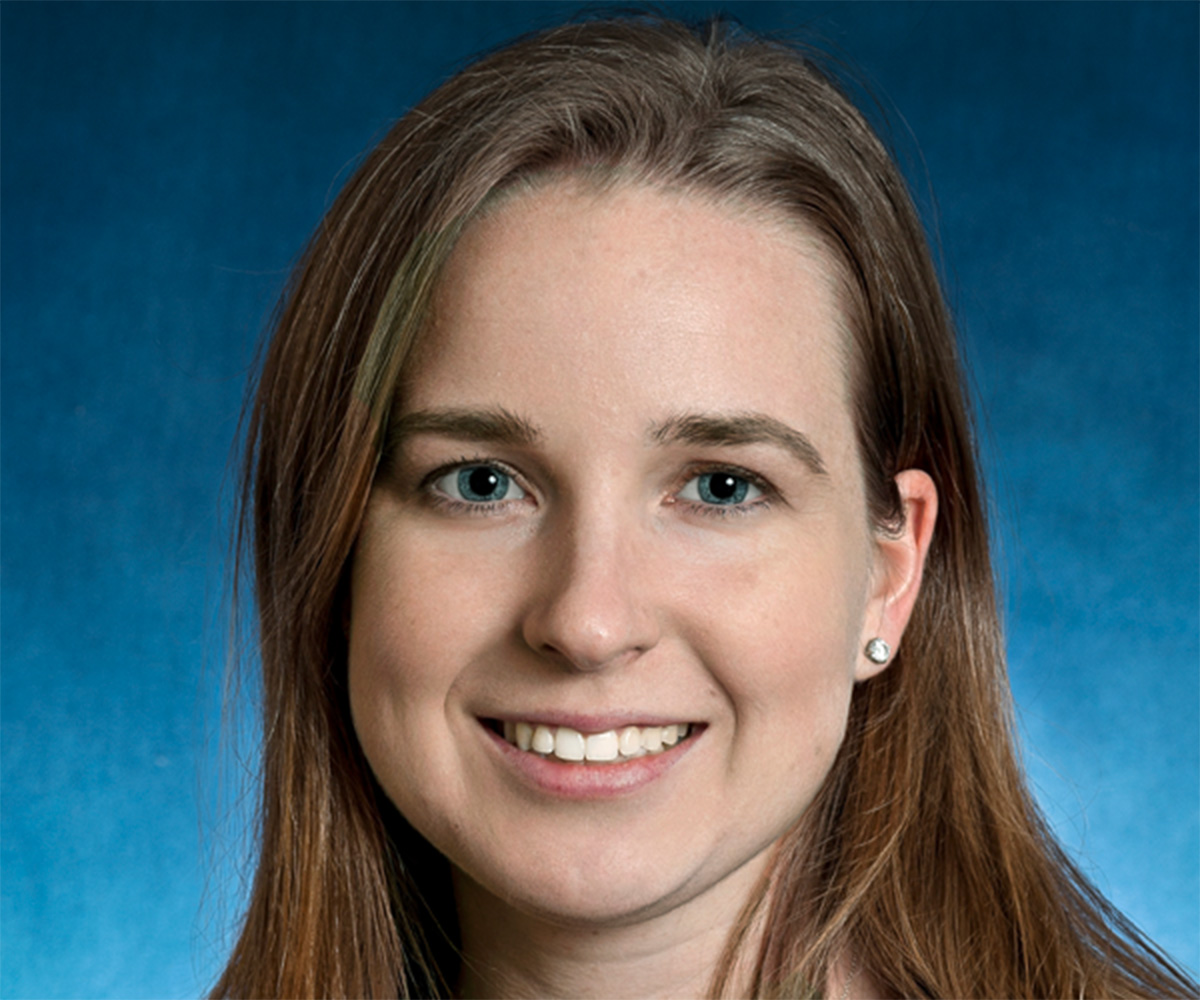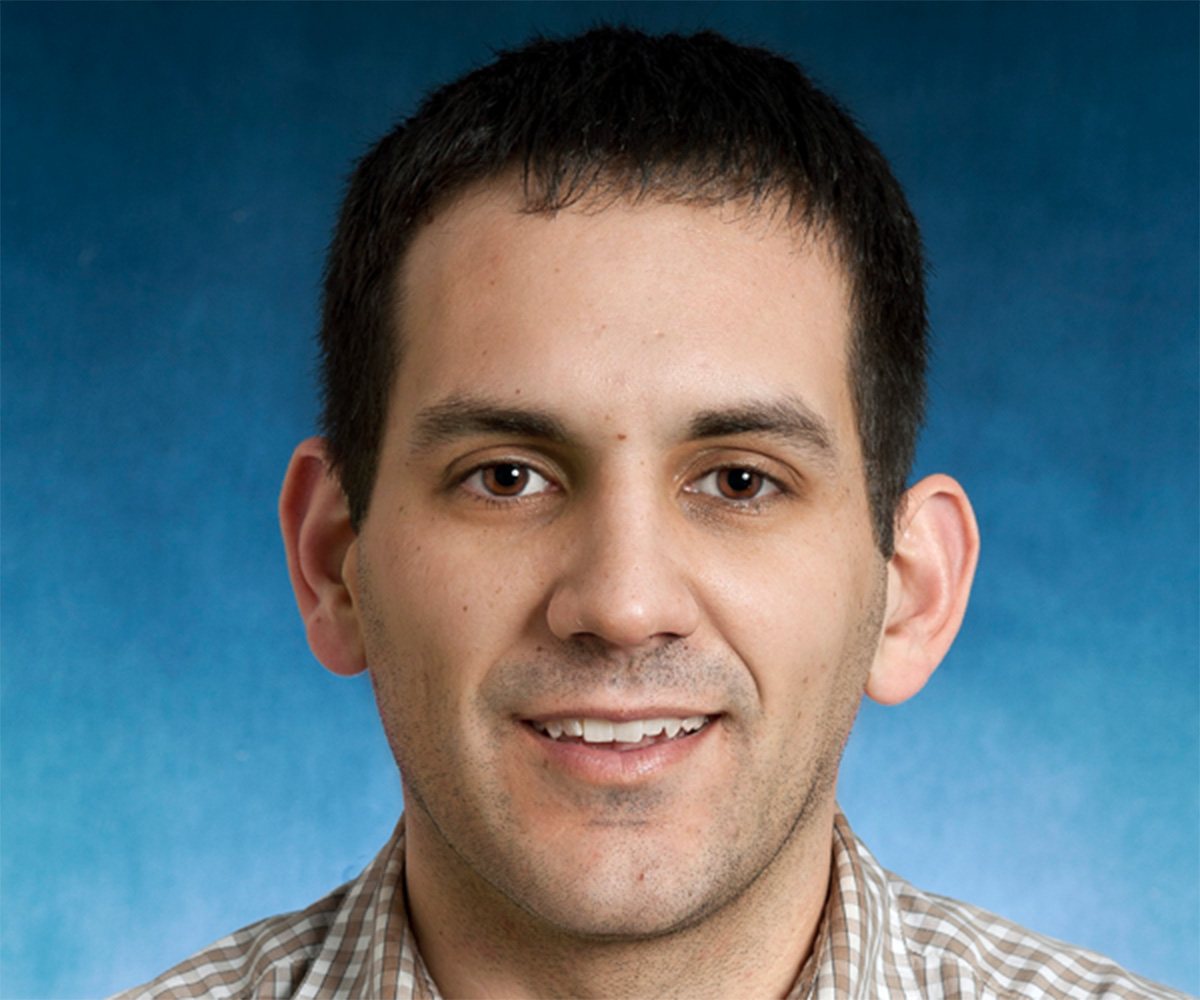


A paucity of targetable cancer antigens on many tumor types has long posed a challenge to immunotherapy. The trouble is not just that cancer cells adapt to be less detectable to patrolling immune cells but also that otherwise healthy cellular processes contribute to this low immunogenic profile. One such process, known as “nonsense-mediated decay” (NMD), destroys the transcripts of genes that are truncated by mutation so their products don’t mess up the cellular works. Such mutant transcripts are common in cancer cells, whose genomes are riddled with mutations. If permitted expression, the aberrant proteins they encode could boost the number of cancer antigens presented on the cell surface by HLA molecules for immune detection. To get these suppressed transcripts translated, however, this quality control pathway needs to be blocked. Researchers led by Ludwig Johns Hopkins’ Ashley Cook, Co-director Kenneth Kinzler and Nicolas Wyhs developed a cell-based screening assay to identify inhibitors of the NMD pathway to see if this might be possible. They reported in a February issue of eLife that an inhibitor of SMG1, an NMD pathway kinase, slows tumor growth in mice. The drug, KVS0001, boosts expression of truncated gene transcripts in human and murine cells in vitro and murine cells in vivo. It also increases the HLA class I presentation of such potential antigens, suggesting it could help boost the efficacy of cancer immunotherapies.
Identification of nonsense-mediated decay inhibitors that alter the tumor immune landscape
eLife, 2025 February 17